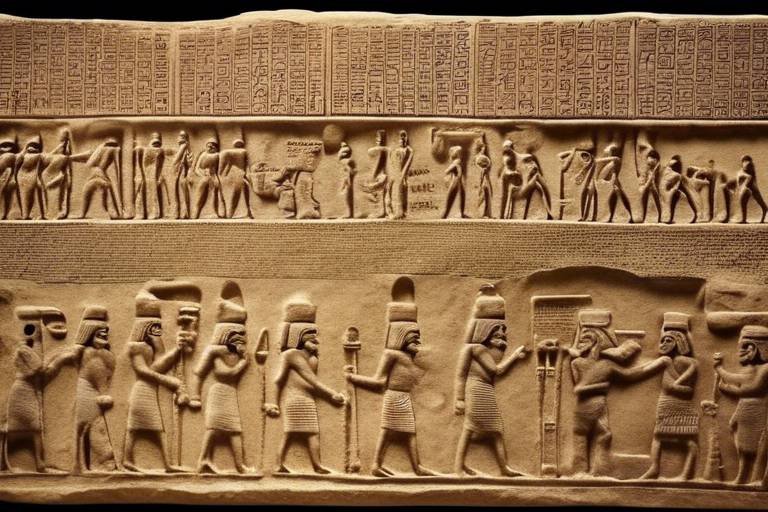The Secrets of Ancient Egyptian Medicine
Embark on a journey through time to uncover the mysteries of ancient Egyptian medicine, a realm where science, spirituality, and magic intertwined to heal the body and soul. Imagine walking through the bustling streets of Thebes, where skilled physicians and revered priests worked hand in hand to treat the sick and injured. Picture the temples dedicated to the healing gods, where incense wafted through the air, and prayers echoed off the ancient walls.
As you delve deeper into the secrets of ancient Egyptian medicine, you will encounter a treasure trove of knowledge that has stood the test of millennia. From the potent herbal remedies brewed in clay pots to the intricate surgical techniques honed through years of practice, the ancient Egyptians were pioneers in the field of healthcare. Their medical prowess was not merely a product of scientific inquiry but a reflection of their profound connection to the natural world and the divine forces that governed it.
One of the cornerstones of ancient Egyptian medicine was the use of herbal remedies. Plants like aloe, garlic, and frankincense were revered for their healing properties and were used to treat a myriad of ailments, from fevers to digestive disorders. The ancient Egyptian pharmacopeia was a testament to their deep understanding of the medicinal properties of plants, showcasing a level of sophistication that was unrivaled in the ancient world.
But medicine in ancient Egypt was not limited to the apothecary; it also encompassed the realm of surgery. Ancient Egyptian physicians were skilled in performing a variety of surgical procedures, including trepanation for skull injuries and techniques for setting fractures. These procedures, though primitive by modern standards, were carried out with precision and care, often resulting in successful outcomes that defied the odds.
Central to the practice of ancient Egyptian medicine were the medical papyri, ancient texts that contained a wealth of medical knowledge. The Ebers Papyrus and Edwin Smith Papyrus are two of the most famous medical texts from ancient Egypt, offering insights into their diagnostic methods, treatment protocols, and even magical incantations used to ward off illness.
Magical healing practices also played a significant role in ancient Egyptian medicine. Rituals, spells, and amulets were used alongside physical treatments to cure illnesses, reflecting the belief that the body and soul were intrinsically linked and that healing required a holistic approach that addressed both spiritual and physical aspects of a person's being.
The role of priests in healing cannot be overstated in ancient Egyptian society. Priests acted as intermediaries between the gods and the people, invoking divine healing powers through prayers, rituals, and offerings. Their presence in the healing process was believed to be essential for ensuring the success of medical treatments and the well-being of the patient.
Healthcare in ancient Egypt was surprisingly advanced for its time, with medical services available to both the common people and the royalty. Temples served as centers of healing, offering a range of services from basic consultations to specialized treatments for the elite. The accessibility of healthcare in ancient Egypt was a testament to the value placed on human life and the belief that health was a sacred gift to be cherished and preserved.
Another intriguing aspect of ancient Egyptian medicine was its connection to astronomy. Celestial observations played a crucial role in determining the timing of medical treatments, as the movements of the stars and planets were believed to influence the body's natural rhythms and susceptibility to illness. The alignment of celestial bodies was thought to hold the key to unlocking the secrets of health and vitality.
As we reflect on the legacy of ancient Egyptian medicine, we are reminded of the enduring influence of their advancements and beliefs on modern healthcare practices. The holistic approach to healing, the integration of spirituality into medicine, and the emphasis on the interconnectedness of body, mind, and spirit continue to shape our understanding of health and wellness today. The secrets of ancient Egyptian medicine are not merely relics of the past but timeless lessons that resonate with us in our quest for healing and wholeness.
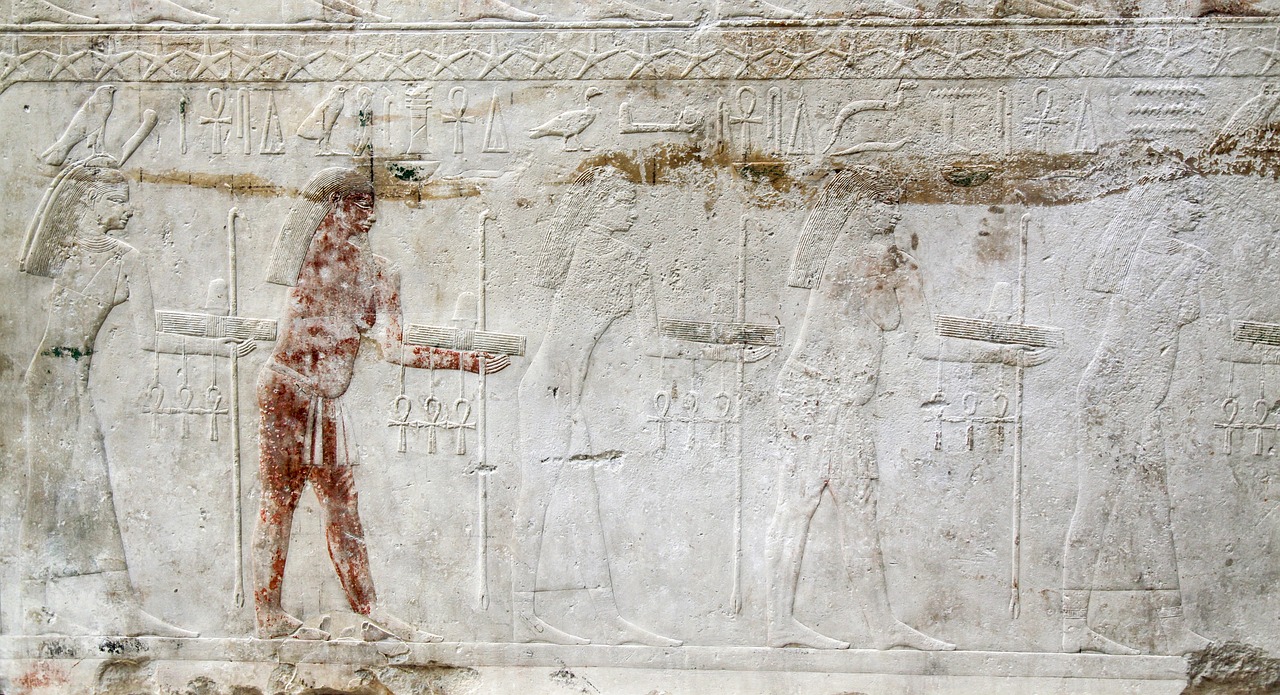
Herbal Remedies
Exploring the fascinating world of medical practices in ancient Egypt, including herbal remedies, surgical techniques, and religious beliefs that shaped their approach to healing.
Herbal remedies were a cornerstone of ancient Egyptian medicine, showcasing the advanced knowledge of pharmacology possessed by physicians of that era. Plants like aloe, garlic, and frankincense were widely used in treating various ailments, demonstrating the Egyptians' deep understanding of the medicinal properties of botanicals.
Aloe, known for its healing properties, was used to treat skin conditions and digestive issues. Garlic, with its antimicrobial properties, was utilized to combat infections and boost immunity. Frankincense, valued for its anti-inflammatory effects, was employed in managing pain and inflammation.
Ancient Egyptian physicians carefully prepared these herbal remedies, often combining them with other ingredients to enhance their efficacy. The use of plants in medicine not only provided physical relief but also held symbolic significance, aligning with the Egyptians' belief in the interconnectedness of nature and healing.
Moreover, the detailed documentation of herbal remedies in medical papyri like the Ebers Papyrus highlights the systematic approach taken by ancient Egyptian healers in cataloging and utilizing botanical treatments. These texts serve as a valuable resource for understanding the holistic healing practices of this ancient civilization.
The use of herbal remedies in ancient Egyptian medicine exemplifies the deep-rooted connection between nature and healing, a principle that continues to resonate in modern herbal medicine practices.
If you have any questions or queries related to ancient Egyptian medicine, check out the FAQs below:
- Q: Were all ancient Egyptian herbal remedies plant-based?
- A: While plants were the primary source of medicinal ingredients, some remedies also included minerals, animal products, and other substances.
- Q: How were herbal remedies administered in ancient Egypt?
- A: Herbal preparations were administered orally, topically, or through inhalation, depending on the ailment being treated.
- Q: Did ancient Egyptian physicians specialize in specific herbal treatments?
- A: Yes, physicians in ancient Egypt often had expertise in particular herbs and their medicinal properties, allowing for specialized treatment approaches.

Surgical Techniques
Exploring the fascinating world of medical practices in ancient Egypt, including herbal remedies, surgical techniques, and religious beliefs that shaped their approach to healing.
When delving into the realm of ancient Egyptian medicine, one cannot overlook the remarkable surgical techniques employed by skilled physicians of that era. Among the most intriguing practices was trepanation, a procedure involving the drilling of holes in the skull to treat head injuries. This bold approach, although primitive by today's standards, showcases the ancient Egyptians' courage and resourcefulness in dealing with severe medical conditions.

Medical Papyri
Exploring the fascinating world of medical practices in ancient Egypt, including herbal remedies, surgical techniques, and religious beliefs that shaped their approach to healing.
Discover the use of plants like aloe, garlic, and frankincense in treating various ailments, showcasing the advanced knowledge of ancient Egyptian pharmacology.
Explore the innovative surgical procedures performed by ancient Egyptian physicians, such as trepanation for skull injuries and techniques for setting fractures.
Unveil the wisdom contained in ancient Egyptian medical texts like the Ebers Papyrus and Edwin Smith Papyrus, providing insights into their diagnostic and treatment methods.
Delve into the spiritual aspect of ancient Egyptian medicine, where rituals, spells, and amulets were used alongside physical treatments to cure illnesses.
Understand the significant role of priests in ancient Egyptian medicine, acting as intermediaries between the gods and patients to invoke divine healing powers.
Examine the accessibility of healthcare in ancient Egypt, from medical services available to the common people to the specialized care provided to royalty.
Uncover the connection between astronomy and medicine in ancient Egypt, where celestial observations influenced medical practices and the timing of treatments.
Reflect on how the advancements and beliefs in ancient Egyptian medicine continue to influence modern healthcare practices and holistic approaches to healing.
Ancient Egyptian medical papyri are invaluable sources of knowledge that offer a glimpse into the medical practices of this ancient civilization. The Ebers Papyrus, for example, contains a wealth of information on various diseases, treatments, and prescriptions used by Egyptian physicians. On the other hand, the Edwin Smith Papyrus focuses more on surgical techniques, detailing procedures for injuries, fractures, and surgical instruments. These papyri not only provide insight into the medical knowledge of ancient Egyptians but also highlight their meticulous record-keeping and systematic approach to healthcare.

Magical Healing Practices
Magical healing practices in ancient Egypt were deeply intertwined with their spiritual beliefs and religious rituals. Egyptians believed in the power of magic to complement physical treatments and aid in the recovery process. The use of spells, incantations, and amulets played a significant role in healing, as they were thought to invoke the assistance of deities and supernatural forces. These magical practices were often performed by specialized healers or priests who had extensive knowledge of the mystical arts. The combination of magical rituals with herbal remedies and surgical interventions created a holistic approach to healing that addressed both the physical and spiritual aspects of illness.
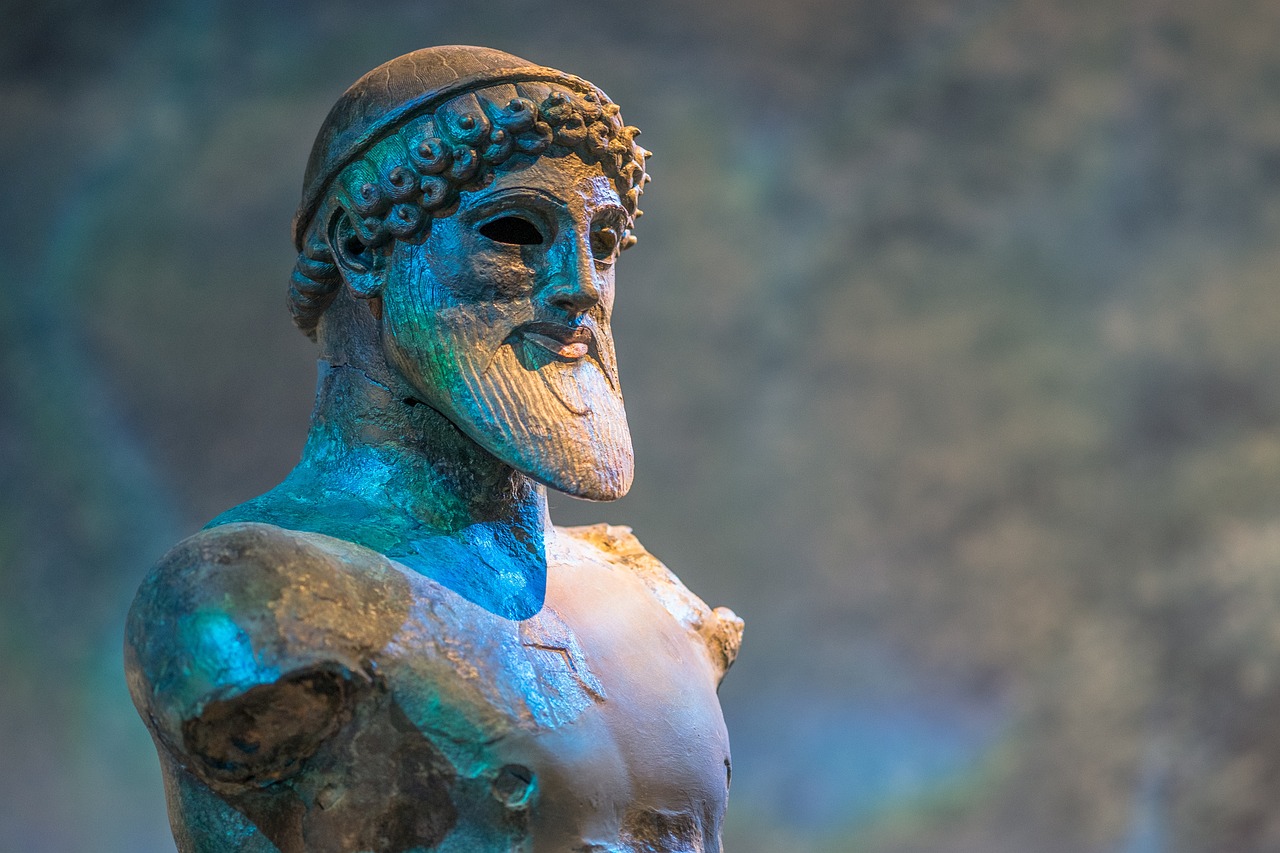
Role of Priests in Healing
Exploring the fascinating world of medical practices in ancient Egypt, including herbal remedies, surgical techniques, and religious beliefs that shaped their approach to healing.
In ancient Egypt, priests played a crucial role in the healing process, blending spirituality with medicine. These revered individuals acted as intermediaries between the gods and the people, harnessing divine powers to aid in the treatment of illnesses. Priests conducted elaborate rituals, recited powerful spells, and provided patients with protective amulets to ward off evil spirits and promote healing.

Healthcare in Society
Exploring the fascinating world of medical practices in ancient Egypt, including herbal remedies, surgical techniques, and religious beliefs that shaped their approach to healing.
Healthcare in ancient Egyptian society was a multifaceted system that catered to the needs of individuals from various social strata. While the concept of healthcare may differ significantly from modern practices, the ancient Egyptians had a structured approach to providing medical services.
Common people in ancient Egypt had access to basic healthcare services through local healers and physicians who practiced in temples or specialized clinics. These healers utilized a combination of herbal remedies, incantations, and surgical procedures to treat common ailments and injuries.
On the other hand, royalty and nobility enjoyed specialized medical care, with personal physicians attending to their health needs. These elite individuals had access to advanced treatments and exclusive remedies, reflecting the hierarchical nature of healthcare in ancient Egyptian society.
Moreover, the religious beliefs of the ancient Egyptians played a significant role in shaping healthcare practices. The concept of Ma'at, representing balance and harmony, influenced the approach to healing, emphasizing the interconnectedness of the physical, mental, and spiritual aspects of health.
Furthermore, the practice of preventive medicine was prevalent in ancient Egypt, with physicians focusing on maintaining overall well-being through dietary regulations, hygiene practices, and magical rituals to ward off illnesses.
In essence, healthcare in ancient Egyptian society was a blend of practical medical knowledge, spiritual beliefs, and societal structures that aimed to provide holistic healing to individuals across different social classes.
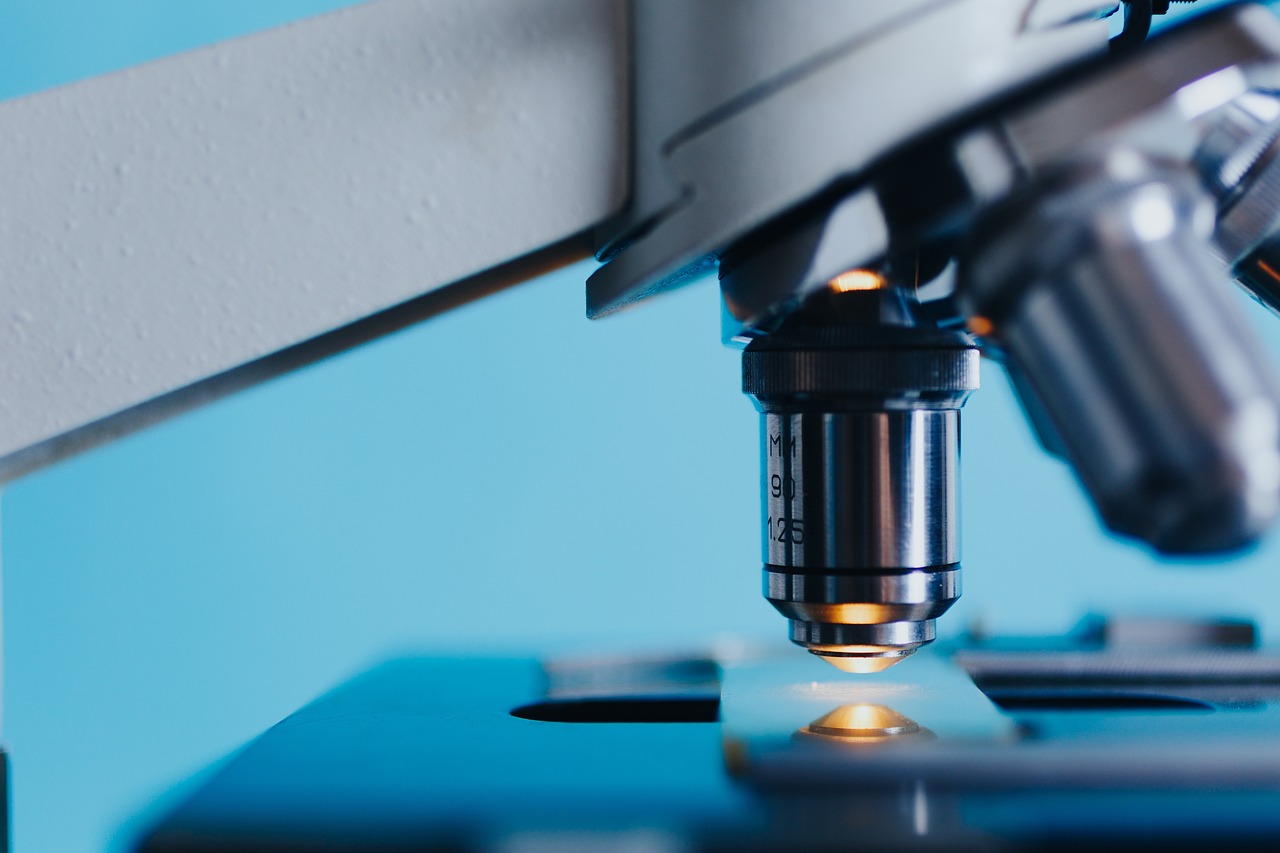
Astronomy and Medicine
Exploring the fascinating world of medical practices in ancient Egypt, including herbal remedies, surgical techniques, and religious beliefs that shaped their approach to healing.
Discover the use of plants like aloe, garlic, and frankincense in treating various ailments, showcasing the advanced knowledge of ancient Egyptian pharmacology.
Explore the innovative surgical procedures performed by ancient Egyptian physicians, such as trepanation for skull injuries and techniques for setting fractures.
Unveil the wisdom contained in ancient Egyptian medical texts like the Ebers Papyrus and Edwin Smith Papyrus, providing insights into their diagnostic and treatment methods.
Delve into the spiritual aspect of ancient Egyptian medicine, where rituals, spells, and amulets were used alongside physical treatments to cure illnesses.
Understand the significant role of priests in ancient Egyptian medicine, acting as intermediaries between the gods and patients to invoke divine healing powers.
Examine the accessibility of healthcare in ancient Egypt, from medical services available to the common people to the specialized care provided to royalty.
Uncover the connection between astronomy and medicine in ancient Egypt, where celestial observations influenced medical practices and the timing of treatments. The ancient Egyptians believed that the movements of celestial bodies had a direct impact on health and well-being. By aligning medical treatments with astronomical events, they sought to enhance the effectiveness of their healing practices. Imagine a world where the stars guided not only navigation but also the healing of the human body, a celestial dance influencing the art of medicine.
Reflect on how the advancements and beliefs in ancient Egyptian medicine continue to influence modern healthcare practices and holistic approaches to healing.
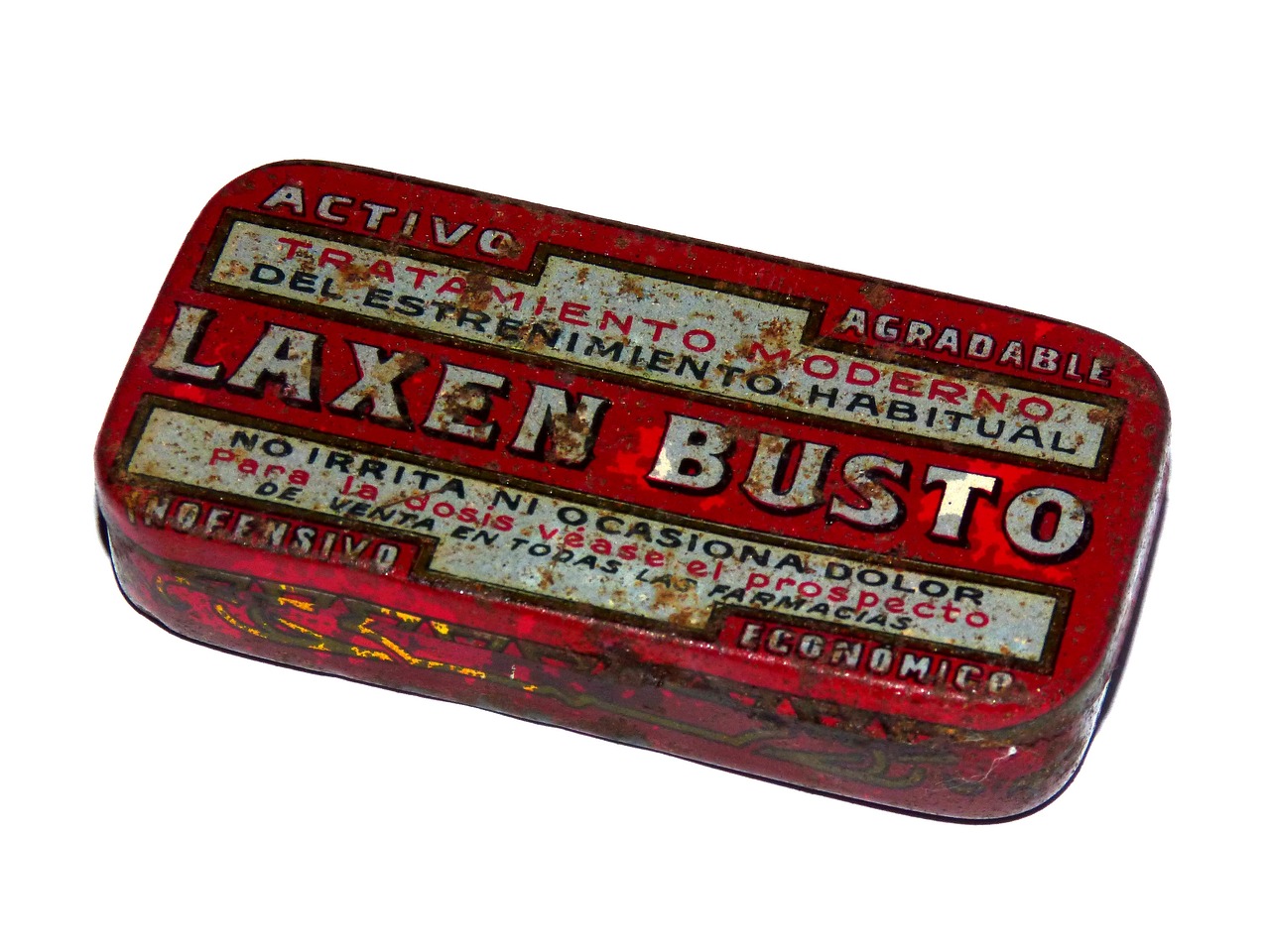
Legacy of Ancient Egyptian Medicine
Ancient Egyptian medicine holds a profound legacy that continues to shape modern healthcare practices and holistic approaches to healing. The intricate blend of herbal remedies, surgical techniques, and spiritual beliefs has left an indelible mark on the field of medicine. The ancient Egyptians were pioneers in utilizing the healing properties of plants, with remedies like aloe, garlic, and frankincense being widely used to treat various ailments. Their advanced knowledge of pharmacology laid the foundation for botanical medicine that persists to this day.
Moreover, the surgical prowess of ancient Egyptian physicians is legendary, with innovative procedures such as trepanation for skull injuries and sophisticated techniques for setting fractures showcasing their surgical expertise. The meticulous documentation of surgical practices in medical papyri like the Edwin Smith Papyrus provides valuable insights into their medical knowledge and techniques.
One of the most intriguing aspects of ancient Egyptian medicine is the integration of magical healing practices with conventional treatments. Rituals, spells, and amulets were believed to possess mystical healing powers, working in tandem with physical remedies to cure illnesses. This spiritual dimension added a unique layer to their approach to healing, emphasizing the interconnectedness of body, mind, and spirit.
The role of priests in ancient Egyptian medicine cannot be overstated, as they served as mediators between the divine and the earthly realms, invoking the healing powers of the gods to aid in the recovery of the sick. The priests' knowledge of religious rituals and incantations played a crucial role in the healing process, highlighting the deep spiritual roots of Egyptian healthcare.
Furthermore, the accessibility of healthcare in ancient Egypt varied across social strata, with commoners relying on local healers and physicians for medical assistance, while royalty received specialized care from the palace physicians. The hierarchical structure of healthcare in ancient Egypt reflected the societal norms and values of the time, emphasizing the importance of health and well-being.
The intersection of astronomy and medicine in ancient Egypt is another fascinating aspect of their medical practices. Celestial observations were integrated into medical treatments, with the alignment of treatments based on astronomical phenomena believed to enhance their efficacy. The cosmic connection to healing underscored the holistic approach of ancient Egyptian medicine.
In conclusion, the legacy of ancient Egyptian medicine endures as a testament to the ingenuity and wisdom of this ancient civilization. Their holistic approach to healing, blending science, spirituality, and astronomy, continues to inspire modern healthcare practices and underscores the timeless relevance of ancient medical traditions.
Frequently Asked Questions
- What types of herbal remedies did ancient Egyptians use for medical purposes?
Ancient Egyptians utilized a variety of plants such as aloe, garlic, and frankincense for treating different ailments. These herbal remedies were a testament to the advanced pharmacological knowledge of the ancient Egyptians.
- How did ancient Egyptian physicians perform surgical procedures?
Ancient Egyptian physicians employed innovative techniques like trepanation for skull injuries and methods for setting fractures. Their surgical expertise was remarkable considering the resources available during that era.
- What role did magical healing practices play in ancient Egyptian medicine?
Magical healing practices were integral to ancient Egyptian medicine, where rituals, spells, and amulets were used alongside physical treatments. This holistic approach aimed at curing illnesses by addressing both the physical and spiritual aspects of health.
- How did priests contribute to the healing process in ancient Egypt?
Priests in ancient Egypt played a significant role in healing by acting as intermediaries between the gods and patients. They invoked divine healing powers through rituals and prayers, emphasizing the spiritual connection to health and well-being.
- What is the legacy of ancient Egyptian medicine in modern healthcare practices?
The advancements and beliefs in ancient Egyptian medicine continue to influence modern healthcare practices, emphasizing holistic approaches to healing that consider the interconnectedness of the body, mind, and spirit. The legacy of ancient Egyptian medicine resonates in contemporary medical philosophies.



